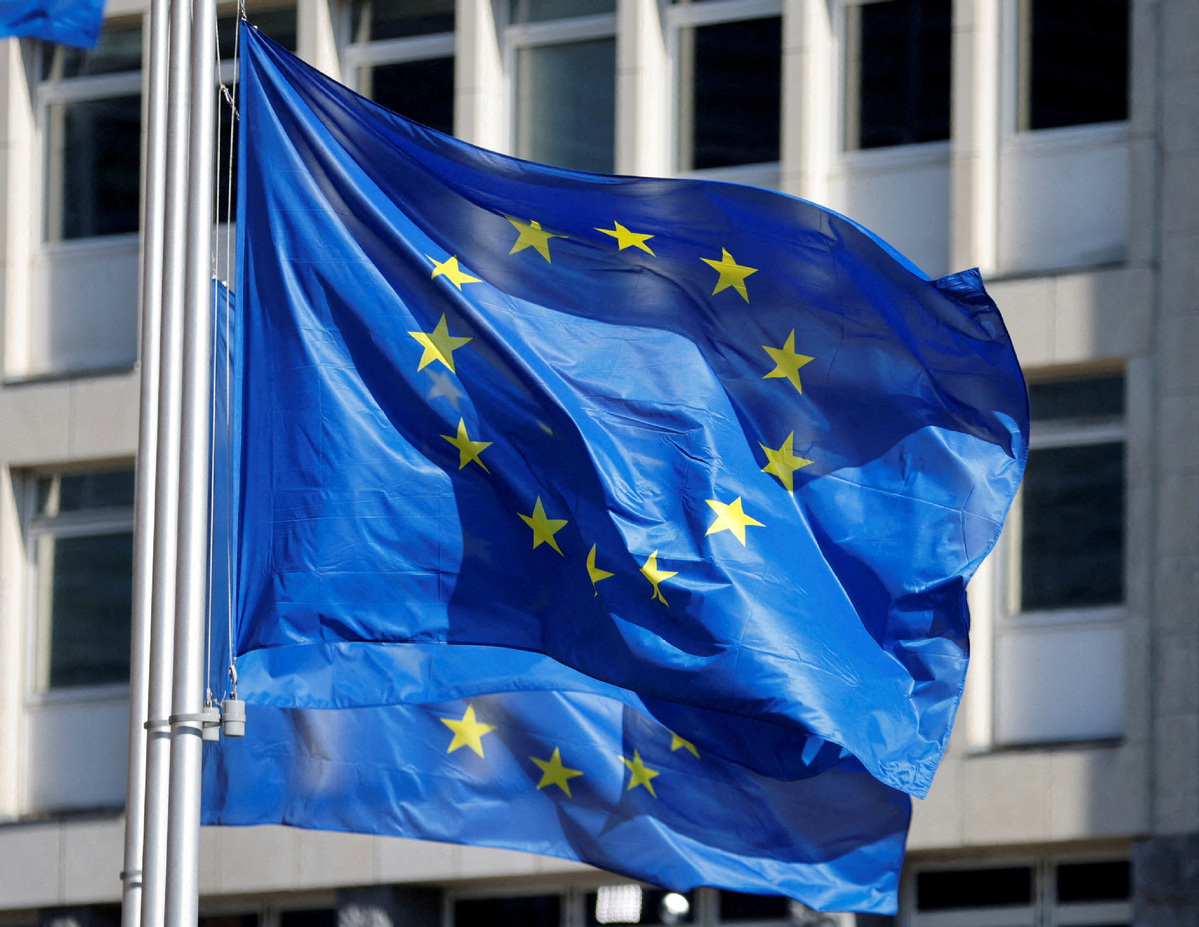Move to curb 'nefarious influence' double-edged


The European Commission is considering introducing a registry as a means to bring lobbyists and advocates for foreign governments out of the shadows.
Representatives working on behalf of governments outside the European Economic Area (the EU plus Iceland, Liechtenstein and Norway) would have to register in national transparency databases under the directive, part of the bloc's so-called Defence of Democracy endeavors.
The European Commission said the motivation for the measure is to combat the "nefarious influence" of China, Russia and the Gulf states, but civil society groups say others are likely to be caught in the net as well.
The question is whether the European Union will treat all these lobbyist organizations funded by non-EU governments equally if the registry is adopted. That will expose not only the lobbyists funded by Moscow and Beijing, but also those by Washington and London, which are of much greater number and have bigger influence.
Moreover, critics say, the directive will undermine the EU's ability to criticize discriminatory laws in other countries, especially in the non-Western countries and regions, mostly in the form of foreign agents acts, as the European Commission itself is a prolific donor to civil society globally.
No wonder Alexandrina Najmowicz, secretary-general of the European Civic Forum, an umbrella organization of NGOs and associations, said that the directive will be "deeply harmful to democracy and will fail in its stated intention of exposing covert foreign interference in EU policymaking". She argued that the measure was "likely to weaken "civic groups trying to promote fundamental rights and fight malign interference, noting that many Eastern European NGOs working on rule of law receive funding from USAID.
It is the double standard the EU has long taken to classify countries into friendly partners and the others, equating itself with the former as democratic and civilized and viewing the rest as nondemocratic and backward, that makes the registry a hot potato for EU lawmakers, and a test of their integrity and professionalism.
































